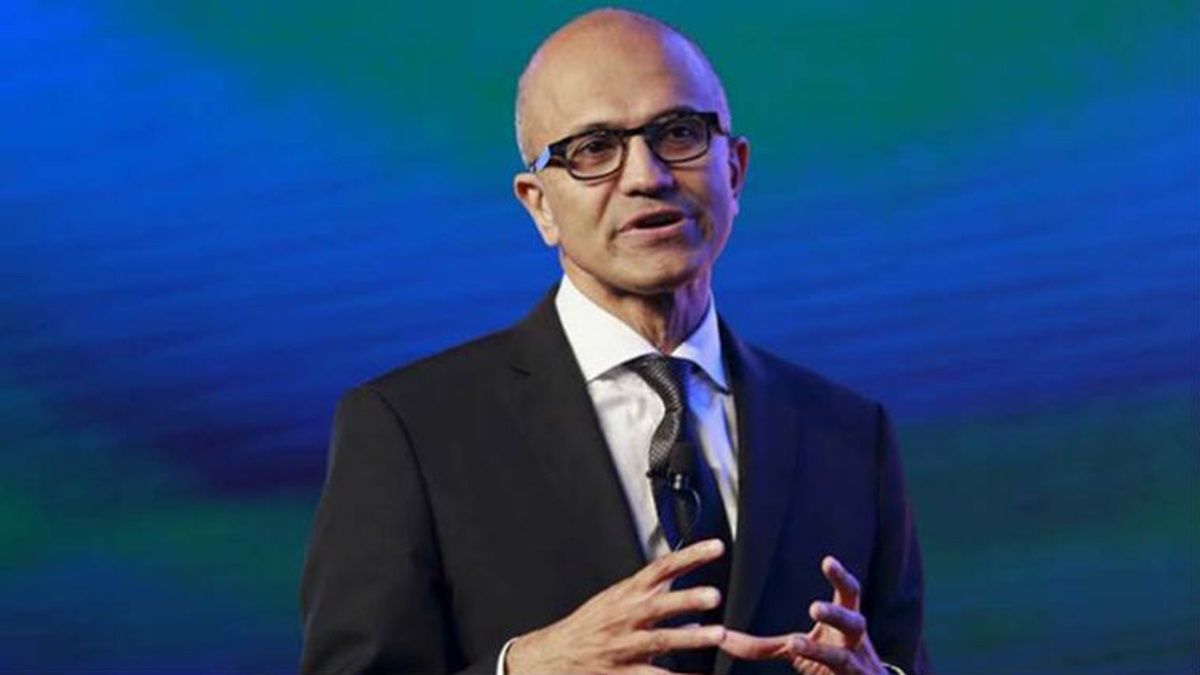Microsoft Chairman and CEO, Satya Nadella, has openly admitted that the company's decision to exit the smartphone business was a significant error, one that could have been better managed. This acknowledgment comes after Microsoft's struggle to compete with Android and Apple iOS in the smartphone market.
In a recent interview with Business Insider, Nadella expressed his regret over the decision to give up on Windows Phone and the mobile market. He conceded that this choice, widely discussed and criticised, was one of the most difficult decisions he made upon becoming CEO. In hindsight, he believes there could have been ways to rethink the category of computing, bridging the gap between PCs, tablets, and phones.
ALSO READ | Qualcomm unveils AI-powered Snapdragon 8 Gen 3 for mobile devices: Check details here
The Decision to Exit
Back in 2017, Microsoft had made a pivotal announcement that it would cease developing new features and hardware for Windows 10 mobile devices. This decision was primarily a response to the challenges faced in selling Windows smartphones as Android and iOS operating systems surged ahead. The move marked a notable shift away from Windows mobile devices.
Consequences of the Exit
As of December 10, 2019, Windows 10 Mobile users no longer received security updates, bug fixes, or assisted support. This decision left users with limited options, effectively marking the end of Windows mobile devices.
ALSO READ | OnePlus 12 teaser reveals display and chipset details, fueling anticipation
Shift in Strategy
Nadella assumed the role of CEO in 2014, and under his leadership, Microsoft underwent significant changes in its approach. In 2015, the company cut 7,800 jobs, primarily within its phone business, and wrote off $7.6 billion related to the acquisition of Nokia's phone business. This marked a shift in strategy from growing a standalone phone business to nurturing a vibrant Windows ecosystem, including the development of first-party devices.

